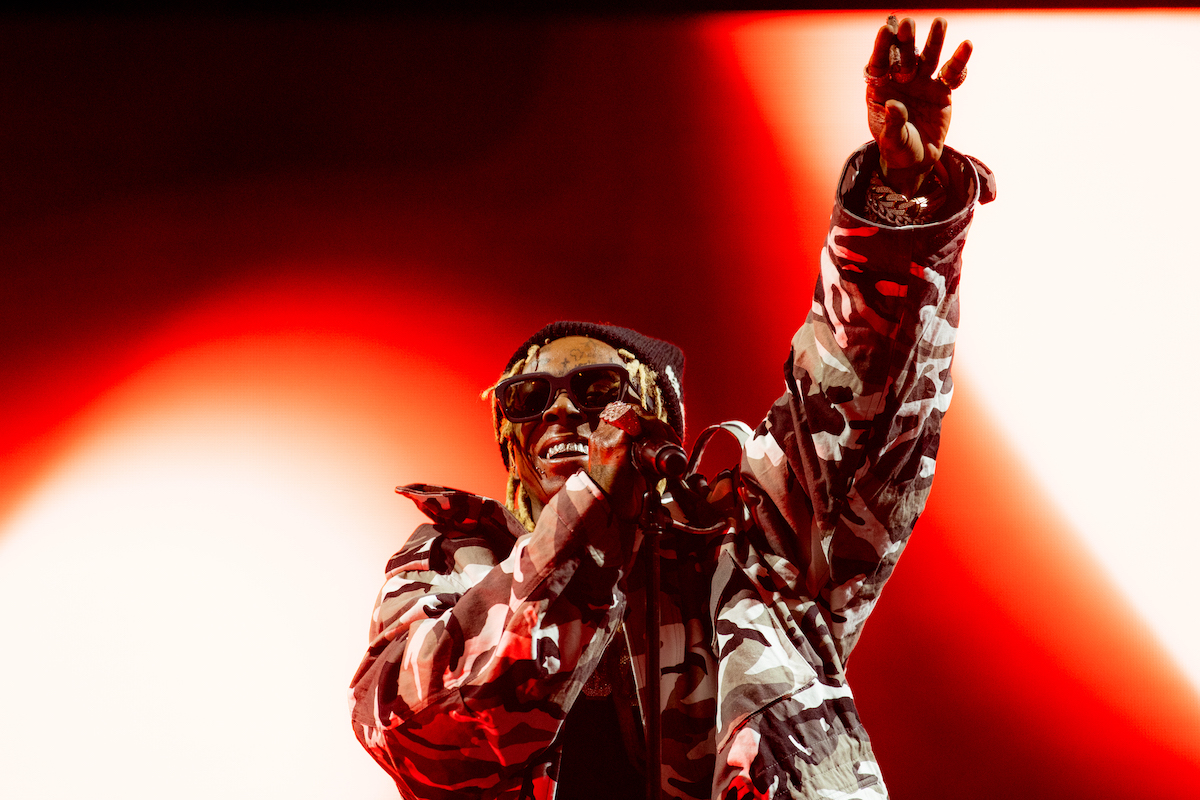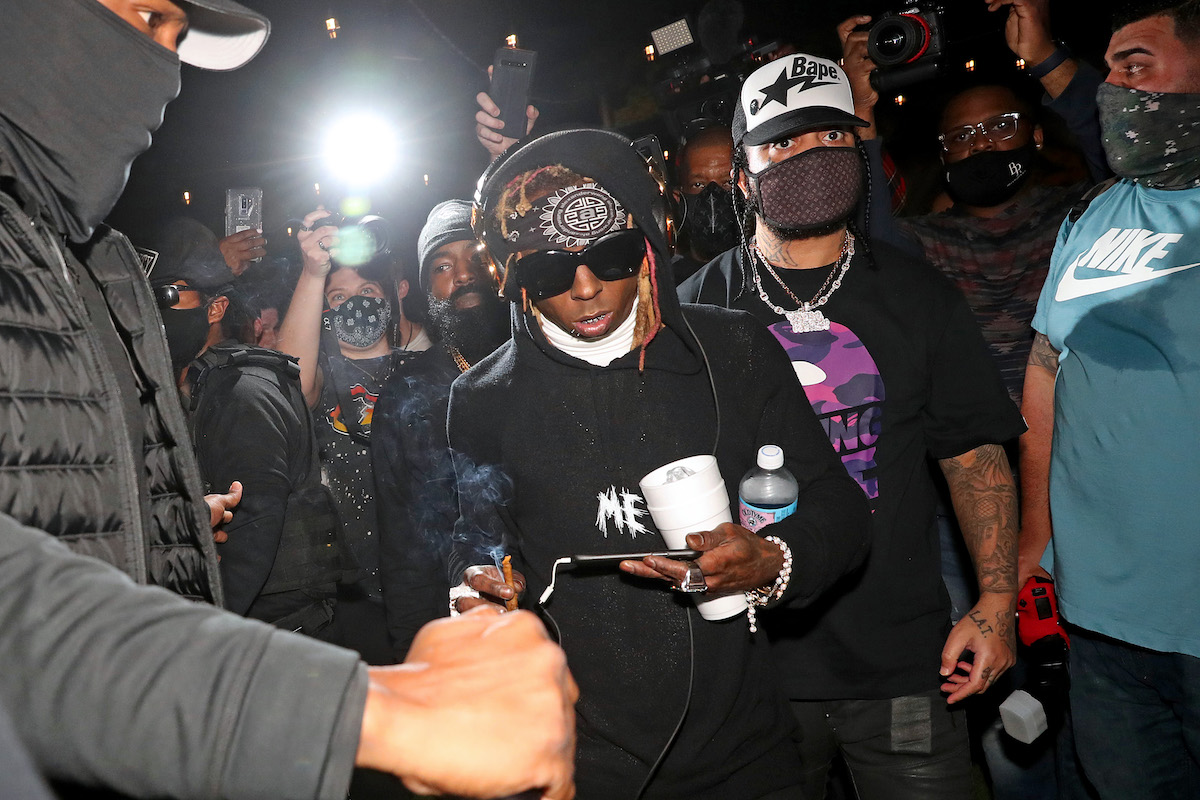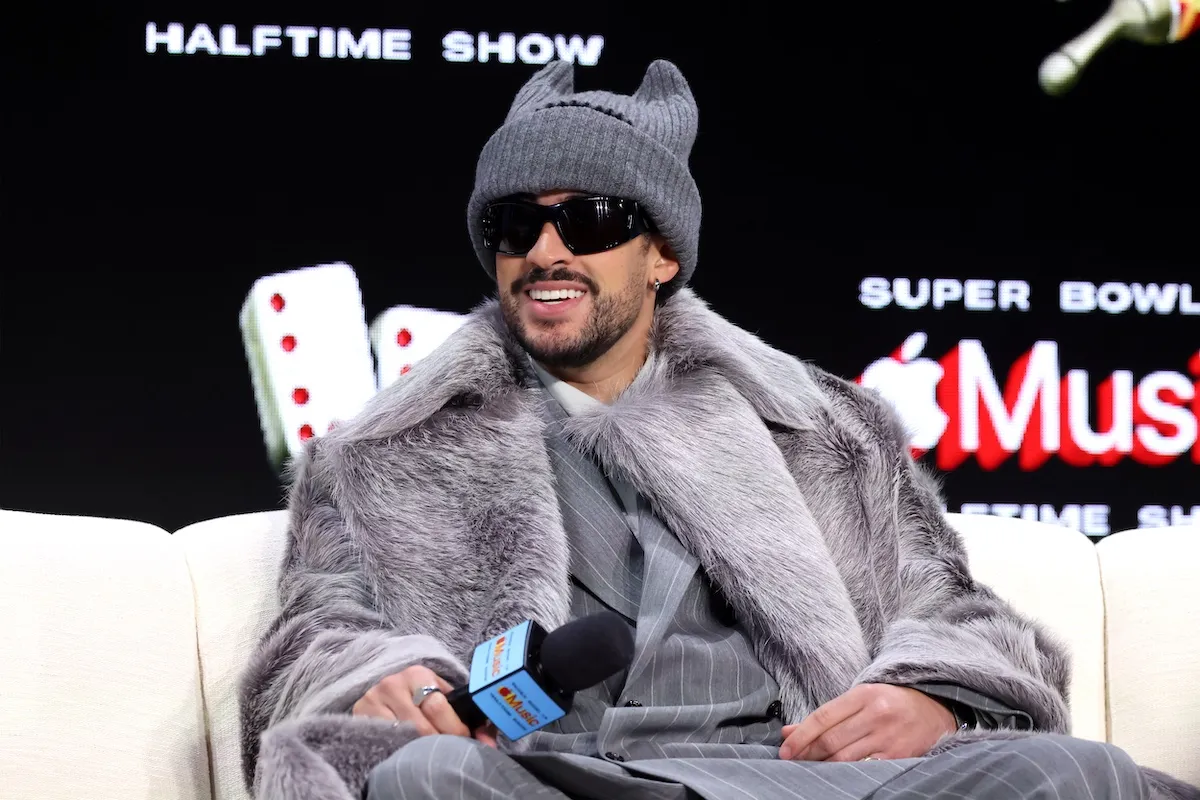Lil Wayne Details Childhood Suicide Attempt and Opens Up About When He Knew He Needed Help
World-renowned rapper and superstar, Lil Wayne, formally known as Dwayne Michael Carter Jr., took fans behind the scenes as he bravely opened up about his mental health and childhood attempted suicide. Lil Wayne has previously vocalized his experience with mental health and attempted suicide through his music “Let It All Workout” and Solange’s “Mad.” Yet, sitting down and talking about his personal accounts in detail, changed the game for every one used to seeing and knowing only one side of the rapper’s life.
Lil Wayne opens up about his experiences
On Sunday, August 15th, Wayne’s interview with Emmanuel Acho, for his Uncomfortable Conversations series, furthered a much-needed conversation surrounding mental health. At the start of the clip, Acho referenced two other young global superstars, Simone Biles and Naoki Osaka, who have spoken up about the imperative need to focus on their mental and emotional states. This bold act of vulnerability placed the mental health topic at the forefront of a now worldwide conversation that Wayne voluntarily wished to share his reality on.
Wayne preludes the conversation by highlighting that he reached out to Acho: “Figuring I could help, hoping I could help anyone else out there who’s dealing with any mental health problems.”
The 5-time Grammy award-winning artist starts to vividly unpack the specifics from the day he attempted suicide at the age of 12. He describes it as a time where he thought his mom was going to take rap away from him being that he’d been lying about his half days at school.
When he got the call from his aunt that his mom found out, she emphasized that his ability to rap was over. This then sparked Wayne’s call to the police giving them a heads up.
“Hung up the phone, thoughts everywhere. Main thought was, I’m gonna show you. Main thought was, I’m gonna show you,” he repeated. “So, I picked up the phone and I called the police. Yes, I knew where she kept her gun.”
He goes on to detail how he got the gun and initially placed it to his head, then got scared and moved it, “I aimed for my heart,” Wayne said. “How I knew I had mental health problems was I pulled the trigger.”
Was there a defining moment Lil Wayne realized he needed help?

Following Acho’s question: “When did you realize, you know what, I might have some mental health issues that I have to work through?” Wayne shared he knew when he was a kid.
He said: “Oh, I realized that at a very young age. As a kid around 10, when I was told that I couldn’t have what I wanted, what I dreamed of, and what I desired and that was to rap. I was willing to die for it.”
He continued: “Once my thoughts got radical and got to where you got to stop yourself, and stop and pause and say, what did you just think again? Even if you’ve cried yourself to sleep with that thought on your mind and wake up the next day and be like, ‘I cannot believe I was thinking like that.’”
How did Lil Wayne’s reality change everything moving forward?

How we have been raised plays a huge part in the mental experiences that we have. Whether you grew up in a household where there’s room for effective communication between parents and their children can make or break habits that can be detrimental. Wayne touches on this as he explains the mentality shift his mom had after his attempt and how that had a ripple effect on their now more transparent relationship.
“So the mom that I knew before that day, on my life and everyone’s life in here have never met or seen or heard that lady again in my life,” he said. “So I didn’t die that day, but somebody was gone, she’s never been that way.”
The rapper concludes his interview with a call to action for the masses to acknowledge that mental health is real and that there is no limit to measure how real it can get. The rapper shares: “It’s so real that we should only react in the realest way possible.”
How to get help: In the U.S., call the National Suicide Prevention Lifeline at 1-800-273-8255. Or text HOME to 741-741 to speak with a trained crisis counselor at the free Crisis Text Line.


